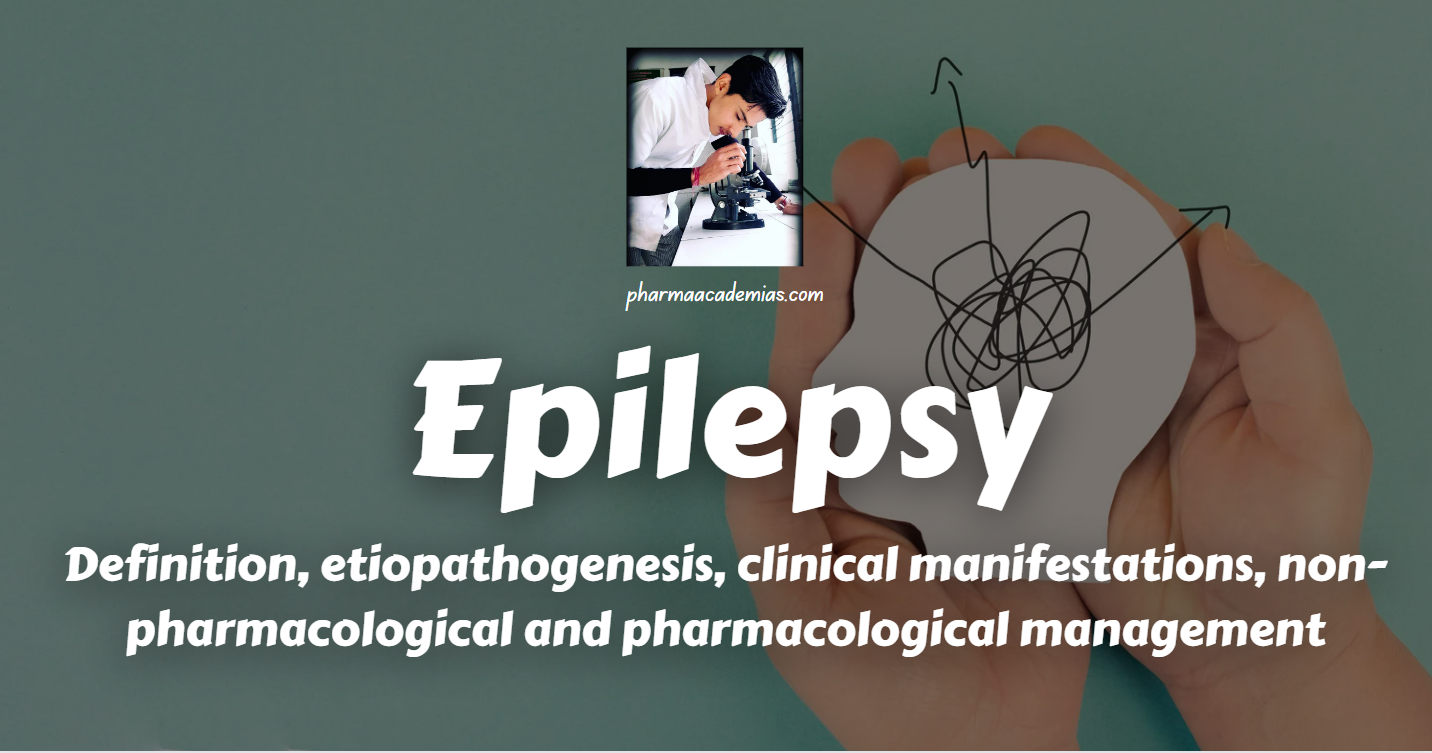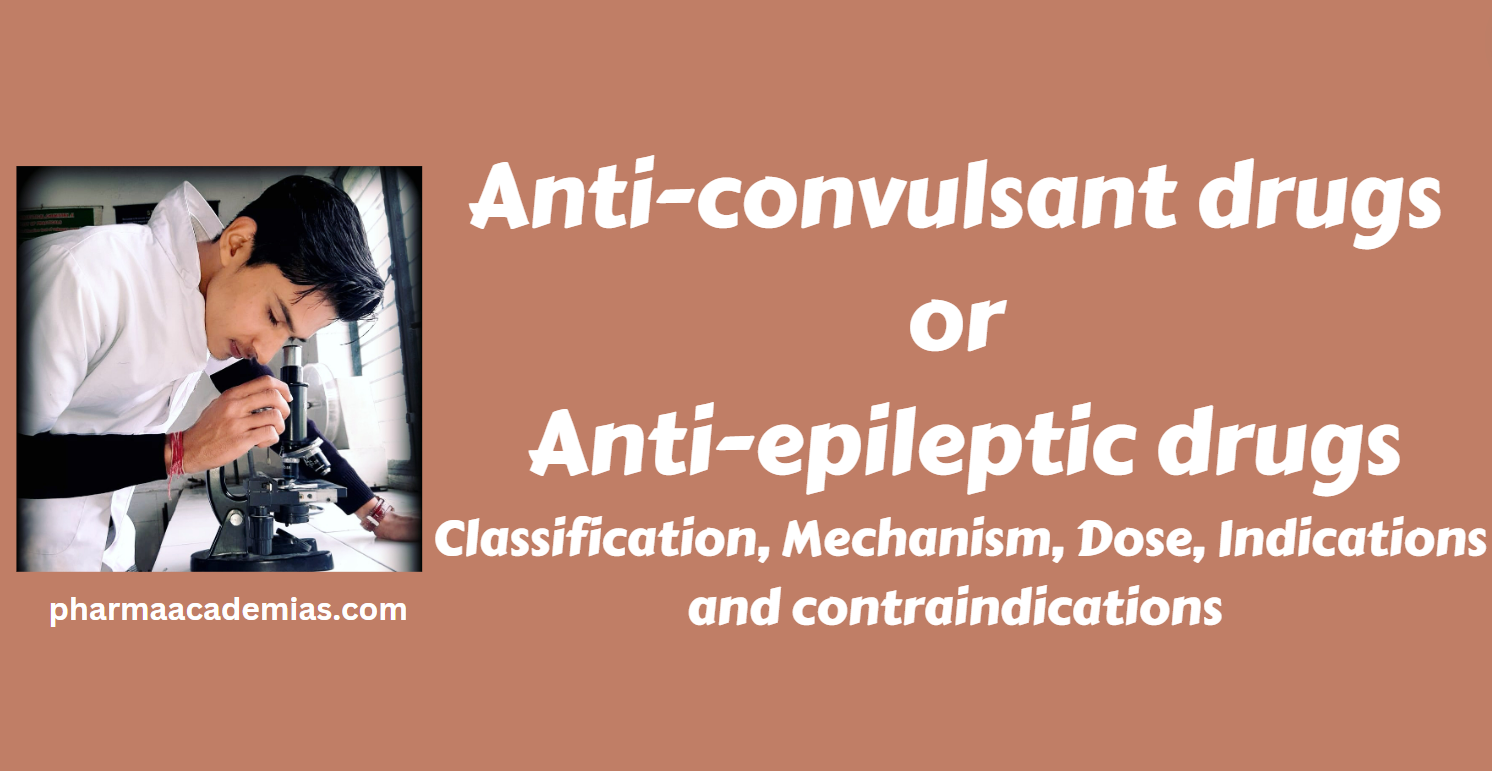Epilepsy: Definition, etiopathogenesis, clinical manifestations, non-pharmacological and pharmacological management
Epilepsy is a neurological disorder characterized by recurrent, unprovoked seizures. Seizures are episodes of abnormal electrical activity in the brain that lead to various symptoms, ranging from brief periods of unconsciousness to unusual movements or sensations. Etiopathogenesis: 1. Idiopathic (Primary) Epilepsy: No identifiable cause; likely genetic factors play a role. 2. Symptomatic (Secondary) Epilepsy: Structural … Read more




 Join Our Telegram Channel
Join Our Telegram Channel